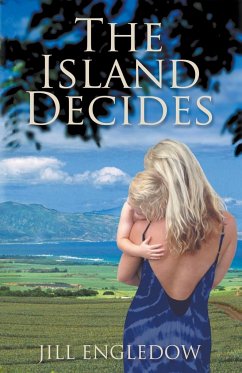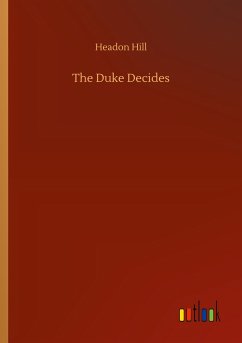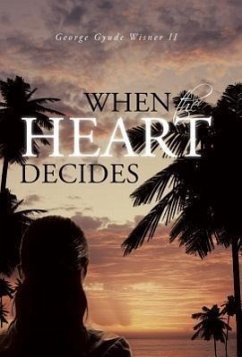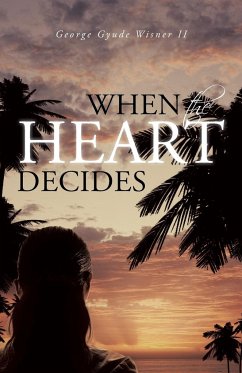Revised and improved edition! 1971: Two lost girls on Maui. . . One gets found . . . The other must find herself. Struggling to survive as a single mother, Carrie Ann Emerson has made a home for herself and her four-year-old daughter in the San Francisco hippie community of Haight-Ashbury. Then little Rorie disappears. Frantic, Carrie Ann searches for her child. When word comes that Rorie has turned up in a hippie commune on the Hawaiian island of Maui, Carrie Ann must rush to this faraway place before her daughter can be put up for adoption. But the judge, skeptical about a mother who somehow managed to misplace her child, will return Rorie only if the two stay on Maui. Now Carrie Ann must make their life anew. Maui has its benefits-like meeting Michael. Carrie Ann thinks handsome, sexy Michael might be the man she needs. But how much of herself must she give up to hold on to him? And, with or without a man, can Carrie Ann be the kind of mother her little girl needs? A great book club read from an award-winning Maui author. Get it now! Volume 1,The Maui Trilogy 85,800 words
Hinweis: Dieser Artikel kann nur an eine deutsche Lieferadresse ausgeliefert werden.
Hinweis: Dieser Artikel kann nur an eine deutsche Lieferadresse ausgeliefert werden.








